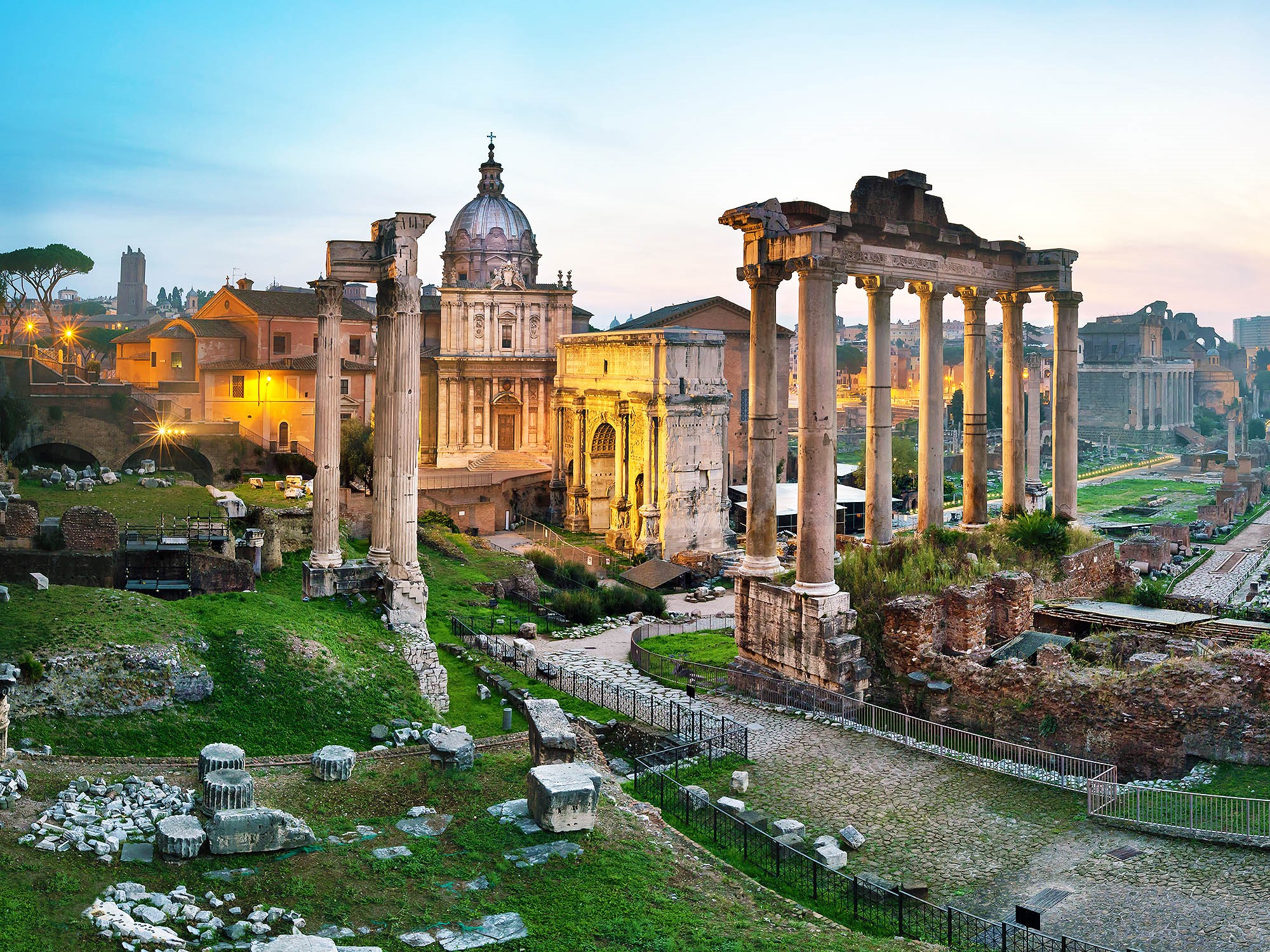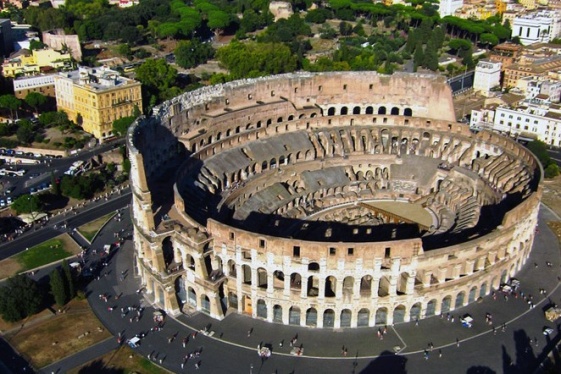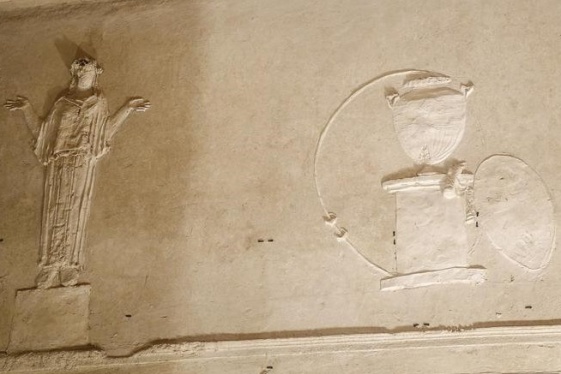

BY: Eric Ralls
The Roman Empire, a colossal force in history, has left a lasting impact on various aspects of modern society, including science, art, architecture, government, culture, and language. However, the downfall of this empire and the ensuing Dark Ages led to a significant loss of knowledge about ancient Roman and Greek civilizations. Now, artificial intelligence (AI) is helping us rediscover what was once lost.
Today, unearthing this nearly two millennia-old history is not just an archaeological pursuit but a key to understanding the roots of Western civilization and the depth of human creativity and behavior through the ages. A glimmer of hope in rediscovering these lost treasures emerged from the tragic ruins of Pompeii and Herculaneum, cities buried under the ash of Mount Vesuvius in 79 A.D.
SOURCE: https://www.earth.com
You may be interested
-
Exciting Palatine. Interview with Clementina...
You can tell she fills with excitement when she has the chance to show an important archae...
-
Italian Open's History and Records: A tale o...
For Italians, and Romans in particular, the Open is not just a tennis tournament where cha...
-
'Basilica of Mysteries' reborn in Rome
The so-called 'Basilica of the Mysteries' has been reborn in Rome. The basilica, one of th...
-
'Carbonara Day' celebrates famous pasta dish
On Friday, April 6, the world will celebrate "Carbonara Day", an occasion launched by the...
-
'Gladiators' bring Roman flavor to R.I. polo
As thousands of sharply dressed spectators converged on the turf of Newport International...
-
'Hot priests' grace Rome's calendar
It is officially called the Calendario Romano, or Roman Calendar. But on the streets of Ro...
-
'No one should be left behind': Italian teen...
A 15-year-old boy, known as Simone, has become an overnight internet sensation after stand...









